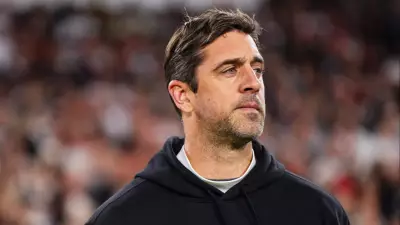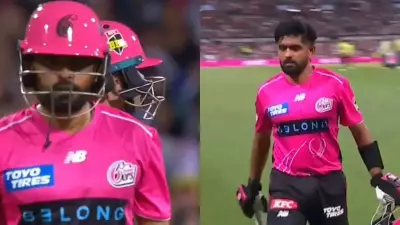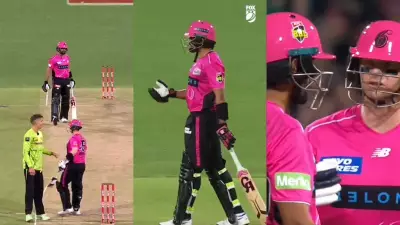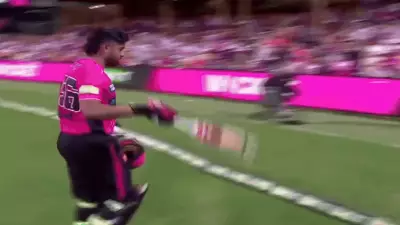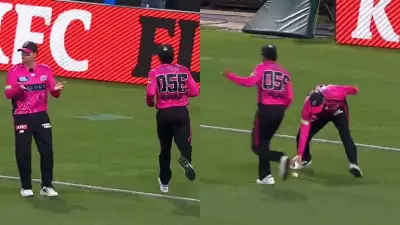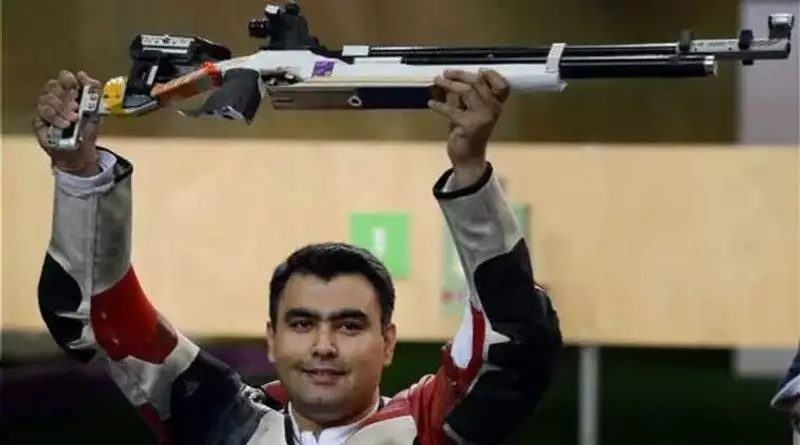
In a significant development for Indian shooting sports, Olympic bronze medalist Gagan Narang has officially announced his candidacy for the prestigious position of President at the National Rifle Association of India (NRAI). The election is scheduled to take place on November 30 during the association's general body meeting in New Delhi.
Olympic Champion Steps into Administrative Role
The 40-year-old shooting legend, who won India's heart with his bronze medal performance in the 10m Air Rifle event at the 2012 London Olympics, is now poised to take on a leadership role that could shape the future of Indian shooting. Narang's decision to contest comes at a crucial time when Indian shooting is experiencing both remarkable international success and administrative challenges.
Current NRAI President Raninder Singh, who has held the position since 2010, will be completing his term, creating an opportunity for new leadership. The election process follows the democratic principles outlined in the NRAI constitution, allowing members to choose their representatives through a transparent voting system.
Election Details and Process
The much-anticipated election will be conducted during the NRAI's Annual General Meeting on November 30, 2024. The meeting is scheduled to take place in the national capital, bringing together state association representatives, coaches, and other stakeholders from across the country.
According to the election procedure, nominations for various positions including the president's post will be filed in advance. The scrutiny of nominations will be conducted by an independent election committee to ensure fairness and transparency throughout the process. The final list of candidates will be announced after the nomination period closes and all documents are verified.
Narang's Vision for Indian Shooting
Gagan Narang's potential leadership represents a shift from athlete to administrator, bringing firsthand experience of the challenges faced by shooters at all levels. Having been through the rigorous training regimen, international competitions, and pressure situations, Narang understands the ecosystem better than most administrative candidates.
During his illustrious career, Narang not only won an Olympic bronze but also claimed multiple Commonwealth Games gold medals and set world records. His transition to coaching and mentorship roles through his own academy has already demonstrated his commitment to nurturing young talent. As president, he would be expected to focus on talent development, better infrastructure, and creating sustainable systems for long-term success.
The shooting community has largely welcomed Narang's decision to contest, seeing it as a positive step toward having leadership that truly understands the sport from the ground up. Many believe his international experience and technical knowledge could help address several systemic issues that have plagued Indian shooting administration in recent years.
As the election date approaches, all eyes will be on Delhi to see whether the celebrated Olympian can translate his shooting precision into administrative success and lead Indian shooting to new heights on the global stage.

